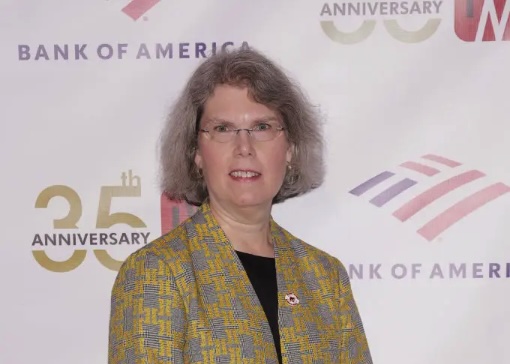NPR Faces Changes Amid Federal Funding Cuts
Recent Developments in NPR Leadership
In a significant shift at National Public Radio (NPR), Edith Chapin, the organization’s editor-in-chief and acting chief content officer, has declared her resignation less than a week after Congress voted to terminate federal funding for public broadcasters. Serving NPR for a decade, Chapin’s decision to step down, effective September or October, appears unrelated to the funding cuts, although the timing raises eyebrows.
Transitioning Leadership at NPR
- Chapin’s leadership began in 2023 following her tenure in various roles within the organization.
- NPR CEO Katherine Maher, who has faced scrutiny for previous controversial remarks, now has an opportunity to redefine NPR’s editorial direction without federal funding constraints.
The Implications of Federal Funding Cuts
NPR has long relied on federal funding, which constitutes a small fraction (less than half of one percent) of its overall revenue. Maher has voiced concerns over the potential ramifications of these cuts, predicting detrimental effects on local stations and universal coverage in underserved regions.
"We will no longer have the congressional funding Sword of Damocles over our heads," Maher stated, suggesting a potential editorial shift towards narratives that may have previously been constrained by funding concerns.
Katherine Maher’s Leadership Philosophy
Maher, previously at Wikimedia, has articulated a vision for NPR that involves embracing a broader set of voices and perspectives.
- Editorial Independence: Maher suggests that the removal of federal oversight may allow for more independent editorial choices.
- Woke Culture Discussion: Despite her denials of NPR being “woke,” she acknowledges the importance of representing diverse narratives, stating that covering various viewpoints is not biased.
Concerns and Criticism of Maher
While Maher emphasizes her commitment to diverse representation, her history has raised questions about bias:
- Past Tweets and Remarks: Criticized for statements considered inflammatory or divisive, she has attempted to distance herself from those views, claiming her perspectives have evolved.
- Congressional Scrutiny: During a recent hearing, Maher faced direct questioning over her previous comments on reparations and systemic racism, sparking further debate on her appropriateness as the head of NPR.
"It’s hard to be mad about protests not prioritizing the private property of a system of oppression," she tweeted during the George Floyd protests, underscoring her controversial history.
Uncertainty Ahead for NPR
With federal funding now effectively severed, NPR and its leadership face an uncertain future. Concerns linger over potential editorial biases as NPR may navigate outside the influence of traditional funding sources:
- Government Oversight: The ramifications of funding cuts raise inquiries about the federal government’s ability to exert influence over NPR’s content moving forward.
- Investigations: The FCC has announced investigations into NPR for potential regulatory infringements regarding their funding.
Conclusion
The resignation of Chapin amid significant funding changes at NPR marks the beginning of a pivotal moment for the organization. With Maher at the helm, NPR is poised to explore new editorial directions, but the scrutiny over its perceived biases and the challenges of adapting to a new financial reality will undoubtedly shape its future.
For ongoing updates on NPR and its leadership changes, visit NPR’s official site and follow news coverage on funding and public broadcasting debates.


